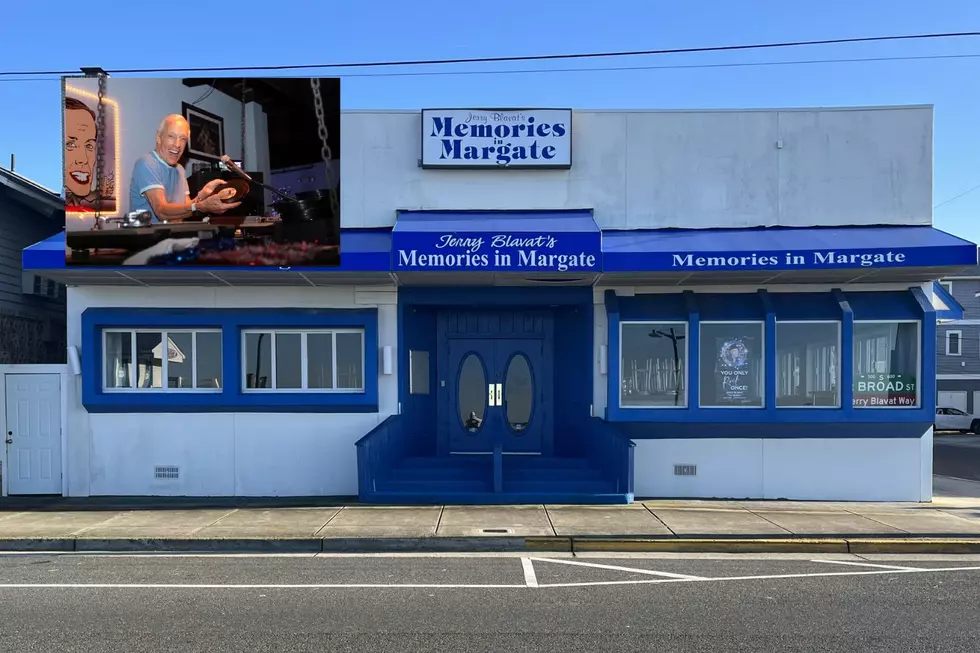
Aid in dying law — What NJ can learn from other states
New Jersey on Aug. 1 becomes the eighth state in the country to allow terminally ill adult residents the option to request prescriptions for medication to end their lives.
Experiences in other jurisdictions with similar laws suggest the move has truly delivered peace of mind to those who use it, but a close eye is needed on professionals involved in the process of distributing the medication or approving the use of the drugs.
Nearly a quarter-century since the law was first used by a patient in Oregon, which became the first state in the country to pass the law in 1994, figures show one-third of the assisted-dying prescriptions in the state have not been used. Paul Duberstein, a palliative care expert with Rutgers School of Public Health, said this statistic implies that just having a prescription is psychologically helpful for folks with months or weeks left to live.
Nine in 10 Oregon residents who requested the prescription said they made the choice because they've been unable to engage in activities that make life enjoyable or meaningful. More than 90% said they feel they've lost a sense of control and autonomy.
"There's actually reason to believe that the law itself has incentivized people to have very difficult conversations about their end-of-life care preferences," Duberstein said. "That's one thing that we need to have much more of in this country."
Of the people who successfully used the law in Oregon, 93% died at home. According to Duberstein, most people would like to pass at home, rather than inside a hospital or other care setting.
Mental Capacity
Under the Garden State's Aid in Dying law, several safeguards are in place to ensure a patient truly wants the medication. The process requires two witnesses and a second "consulting" physician to verify that a patient is expected to live for no longer than six months.
If neither physician can guarantee a patient's mental capability, they may refer the patient to a mental health professional.
Psychologists, psychiatrists and social workers can complete the evaluation of mental capacity. But, according to Elissa Koslov with Rutgers School of Public Health, very few of these providers have specific training with end-of-life issues.
"Studies done in Oregon ... have shown that mental health professionals may lack the experience, training, knowledge and confidence to ethically participate in consultations surrounding physician aid in dying," Koslov said. "Also, research shows that mental health practitioners with moral opposition to physician aid in dying were more likely to support stricter standards for competence and were less likely to believe that certain patients would ever be deemed competent to consent to physician aid in dying."
Koslov said New Jersey may want to follow the lead of Washington and California, which have issued guidelines meant to ensure that mental health professionals apply the same standards to all patients.
Supply vs. demand
There's no certainty as to how many terminally ill patients in New Jersey would be interested in utilizing the new law.
Demand for the service could outstrip the supply of health care professionals who are willing and trained to participate, Duberstein said.
"Even though there is no criminal or civil liability or professional disciplinary action for good faith compliance with the provisions of this law, some physicians, hospice providers or nursing home administrators will not want to participate," Duberstein said.
Duberstein said there is also concern related to a shortage of Seconal, a drug frequently prescribed for this practice. After California passed its law in 2016, the pharmaceutical company that makes the drug doubled the price.
More from New Jersey 101.5:
Contact reporter Dino Flammia at dino.flammia@townsquaremedia.com.





